YOU GOOD? YOU GOOD!

Dive into the realms of emotional literacy, trust, and self-calming techniques.
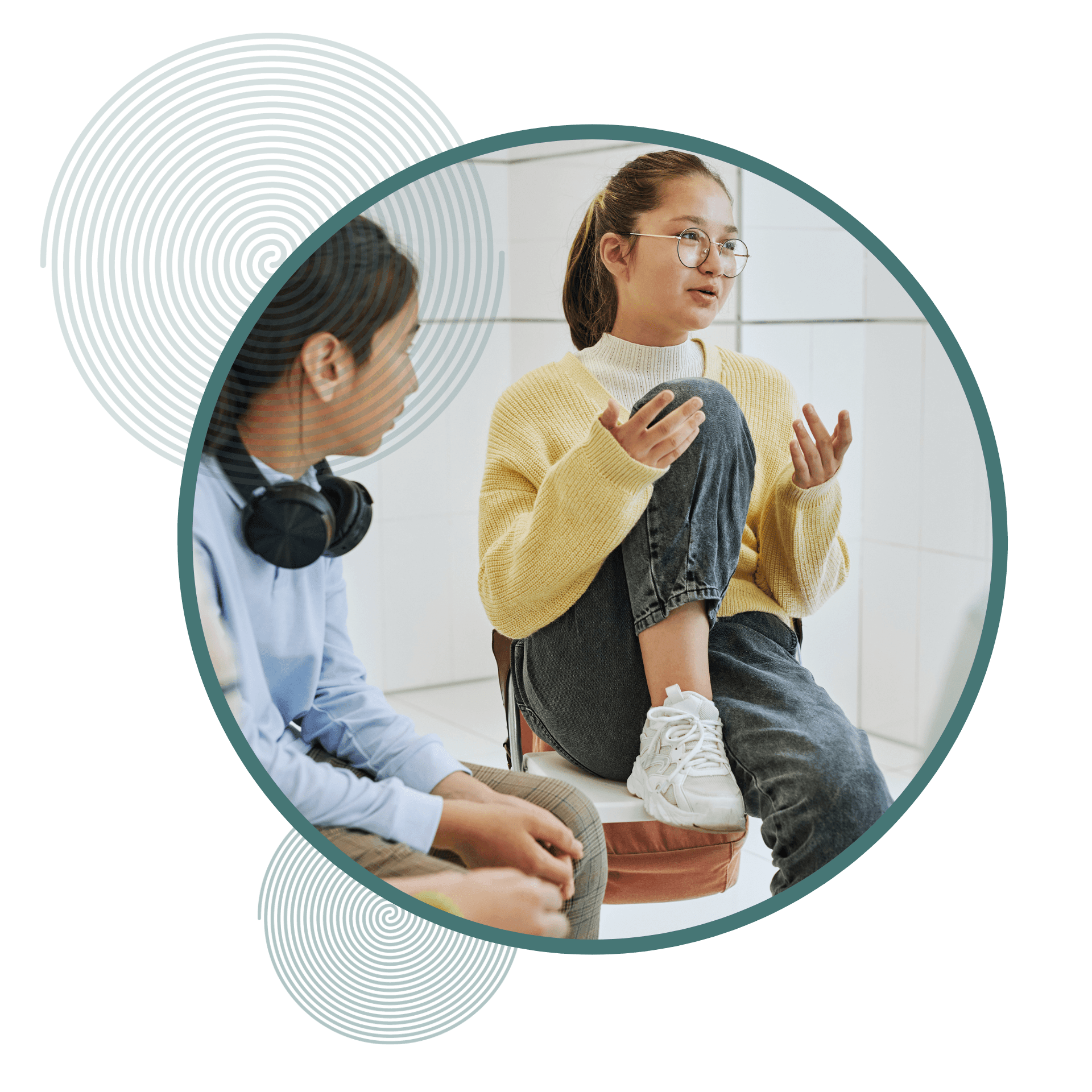
In today’s unpredictable world, providing children with the tools they need to manage stress and anxiety is more crucial than ever.
Understanding emotions, empathising with others, and expressing feelings productively are foundational skills for emotional resilience, which is where "You Good? You Good! - E pai ana koe? E pai ana!" comes in.
Over three insightful modules, you’ll dive into the realms of emotional literacy, trust, and self-calming techniques.
This programme is offered as an E-Learning course over here through our partner Safeguarding Children.
Designed in partnership with Maori and Pacific Educators
Our programme uses an approach that interweaves Te Ao Māori, neuroscience and embodied learning activities. It incorporates Dr Mason Durie’s Te Whare Tapa Wha model, promoting physical, spiritual, and mental wellbeing and family.
Participating kaiako/teachers will complete our programme more able to provide a consistent model for students to look after their own wellbeing based on Te Ao Maori insights on hauora and whakataukī.
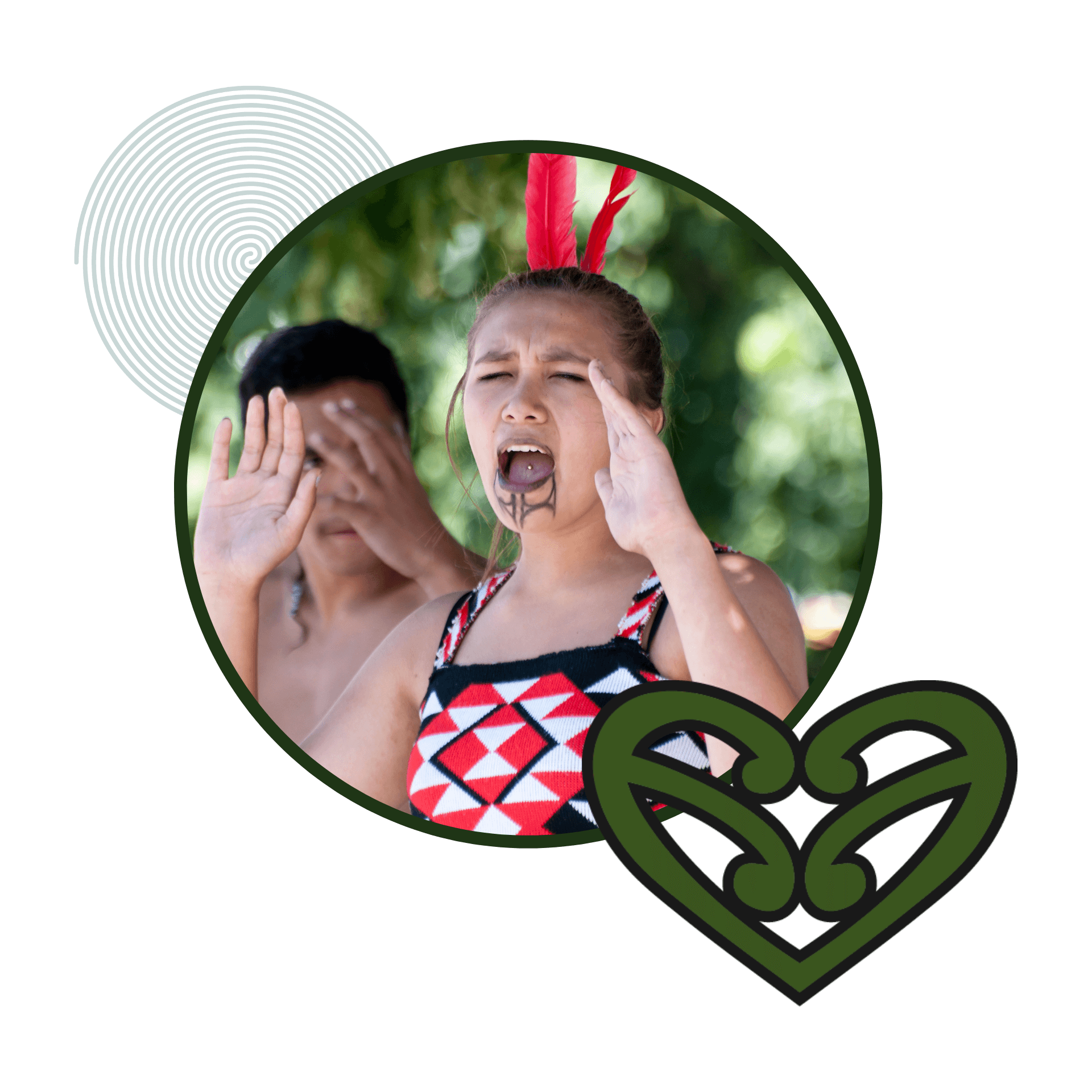
Who is this programme best for?
Participants of this course can expect:

Insights into language patterns to improve behaviour, learning and communication;

Explanations of the structure of the brain and a neuroscience context for understanding student behaviour.

Small group mahi and experiential activities to provide ākonga with a better understanding of their well-being and how to manage it.

Facilitated discussion to feel more agentic in supporting students who may not realise they can impact their own well-being.

Practical and drama-based activities with discussion opportunities to keep learning interactive.
We will cover:
Promoting Personal Wellbeing
When acknowledged and managed effectively, understand the contribution emotions make to personal wellbeing.
Managing Anxiety
We break down the overwhelming concept of 'stress', helping students better understand and manage their anxieties.
Self-Calming Techniques
Equip students with practical strategies to manage stress and anxiety, promoting mental well-being and resilience.
Promoting Upstanding Behaviour
Encourage students to stand against bullying and support those in need, fostering empathy and respect within the classroom.
The Course Modules You'll Teach
What the children will be learning:
Module 1
My strength is not an individual but a collective: resilience and growth
Developing skills to increase self-awareness through listening to understand rather than listening to reply.
Changing language patterns from negative to helpful language.
Being connected to elders can give me a sense of coping strategies used by others that contribute to my strength.
Module 2
Understanding my brain
Neuroscience - understanding my brain and my frame of mind.
Understanding and noticing my emotions. Emotion = energy in motion, therefore, is changeable - physicalising emotions through drama games such as park bench, visualisations and art.
Module 3
Being agentic in changing my emotions and thoughts
Listening in pairs as a reminder of skills for paying attention to what’s happening.
Self-help first aid kits.
Addressing anxiety and worry. Understanding neuroplasticity - the brain’s ability to change.
Understanding what I can do to change my emotions. When alone, when with others.
Understanding how to get help.
Bouncing Forward - reshaping learnings to be prepared for the future.
Thinking about others, supporting others.

Jane Smith
"Doing these programmes gave us the space and time to be more real together and gave the students opportunities to help each other out. As the students understood that their classmates cared for them when they shared various emotions they felt more deeply connected, and as you know, connectedness is the state of being on which all true and personally meaningful learning depends."
Eve Tonkin - Principal, Timatanga Community School
" ‘If I had the power, I would introduce emotional literacy as an across-the-board topic within the curriculum at primary schools. That would be the ultimate ambulance at the top of the cliff, and it would begin to address our rates of suicide, violent crime, criminal offending and drug abuse that occur later in life'."
Dr Paul Woods - NZ Psychologist
Supervision Bookings Calendar
Stay In The Loop
Sign up and be the first to know about upcoming workshops, programme updates and other resources.
